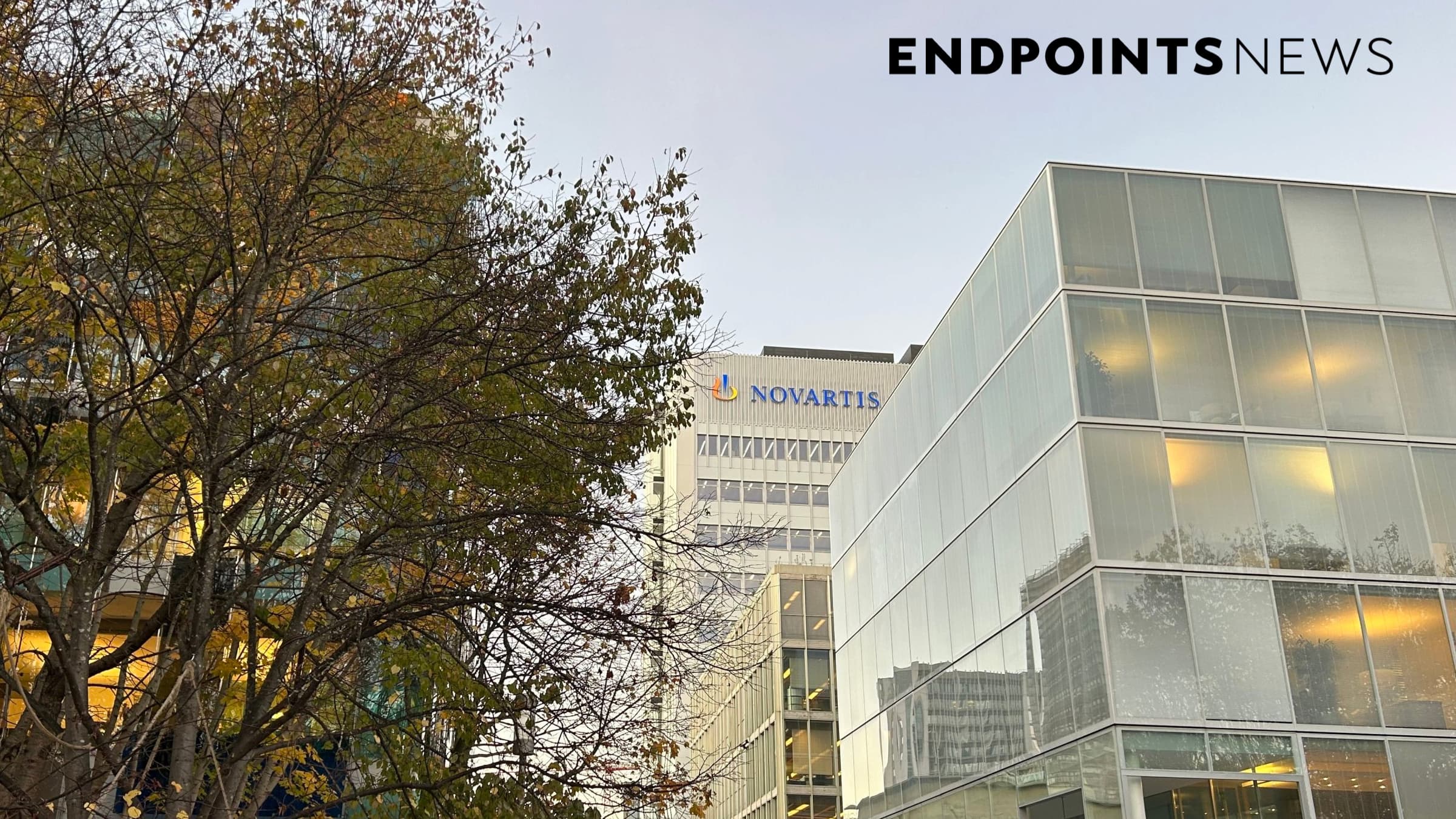
Anti-TIGIT therapy has shown promising results, especially when used in combination with anti-PD-1/PD-L1 in non-small cell lung cancer (NSCLC). Phase 3 trials are currently underway to confirm these early findings. Many anti-TIGIT antibodies are being tested in clinical trials, and others are still in preclinical development. As a result, more data on the effectiveness of this new checkpoint inhibitor in various solid and hematologic malignancies is expected in the coming years. Preliminary data is encouraging and suggests that combining anti-TIGIT treatment with anti-PD-1/anti-PD-L1 may produce better responses than using either agent alone. However, Roche's TIGIT targeting drug tiragolumab failed to meet it's endpoints in a late stage lung cancer trial, which has raised doubts about this class of drug.
🏅 Top traders
| # | Name | Total profit |
|---|---|---|
| 1 | Ṁ46 | |
| 2 | Ṁ5 | |
| 3 | Ṁ2 |
As a mildly informed observer, I'll offer a few thoughts:
1) It isn't suprising to me that tiragolumab failed. Although older generations of immunotherapy (i.e. anti-PD-L1) is considered standard in extended stage SCLC, it's a pretty marginal product in this setting. When added to frontline chemotherapy, atezolizumab improved median survival time and median progression-free survival time by 1.6 months and 0.9 months, respectively. Durvalumab posted numbers of 2.4 months and -0.3 months in the same setting. Averaging the two, that's about eight additional weeks of life and 2 additional weeks of time before the cancer progresses.
These are very small gains, and in my opinion, it's a bit of a red flag when progression-free survival numbers are worse than the overall survival numbers. It usually goes the other way, and that makes intuitively more sense when you think about it. When it goes the "wrong" way, like this, I think it suggests either a biased trial design or a high signal-to-noise ratio.
SCLC is a very bleak disease area. Many things fail here that work elsewhere.
2) I'm much more optimistic about studies in other disease spaces, particularly the ones where immunotherapy is a bigger success (e.g. NSCLC, hepatocellular carcinoma, melanoma).
3) There are some ongoing phase 3 trials, mostly in NSCLC. I doubt they will read out in time for 2023 approval
4) There is going to be a presentation at ASCO 2023 of a study in HCC that could very well lead to approval. It's a small study but it's randomized, and the results are fairly impressive. I think the odds of this are much higher than the current price (6%) so I'm buying yes.
@akrasiac https://twitter.com/pashtoonkasi/status/1665483571069435905?t=LNZ6Tf3zqH8Z-SjnRdhLIQ&s=19
https://twitter.com/ArndtVogel/status/1665507867263221761?t=-gmUgJK825c2UX9ILgToLw&s=19
Here's a look at the HCC data presented at ASCO. This is enough that phase 3 study for liver will likely proceed (Roche announced they are moving forward with it).
But in terms of an approval this calendar year it seems unlikely.
